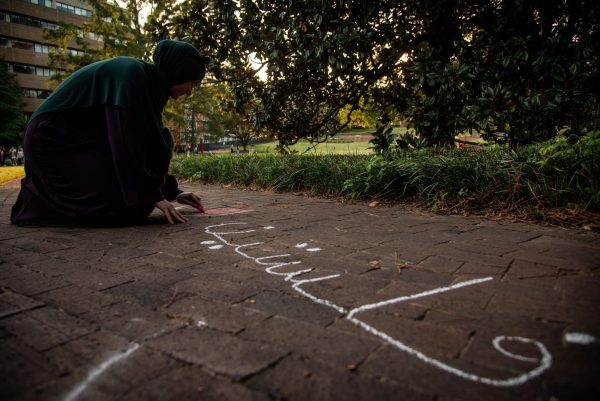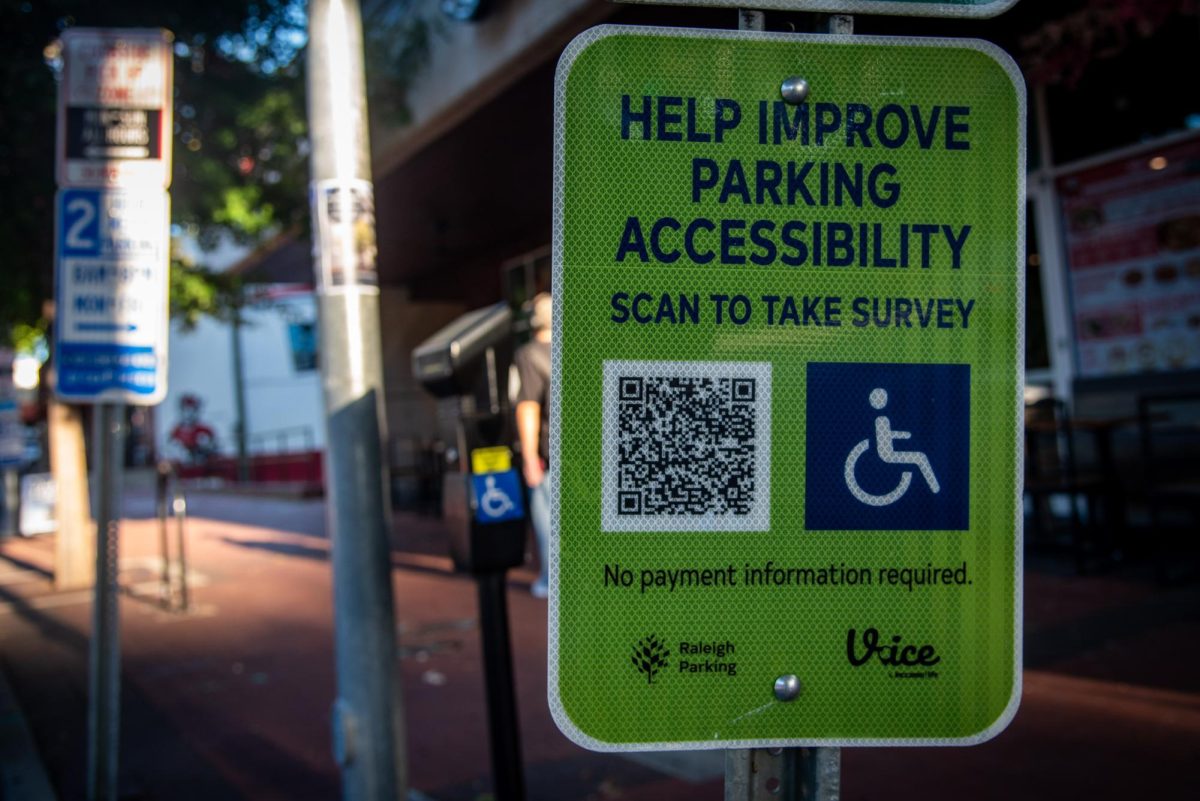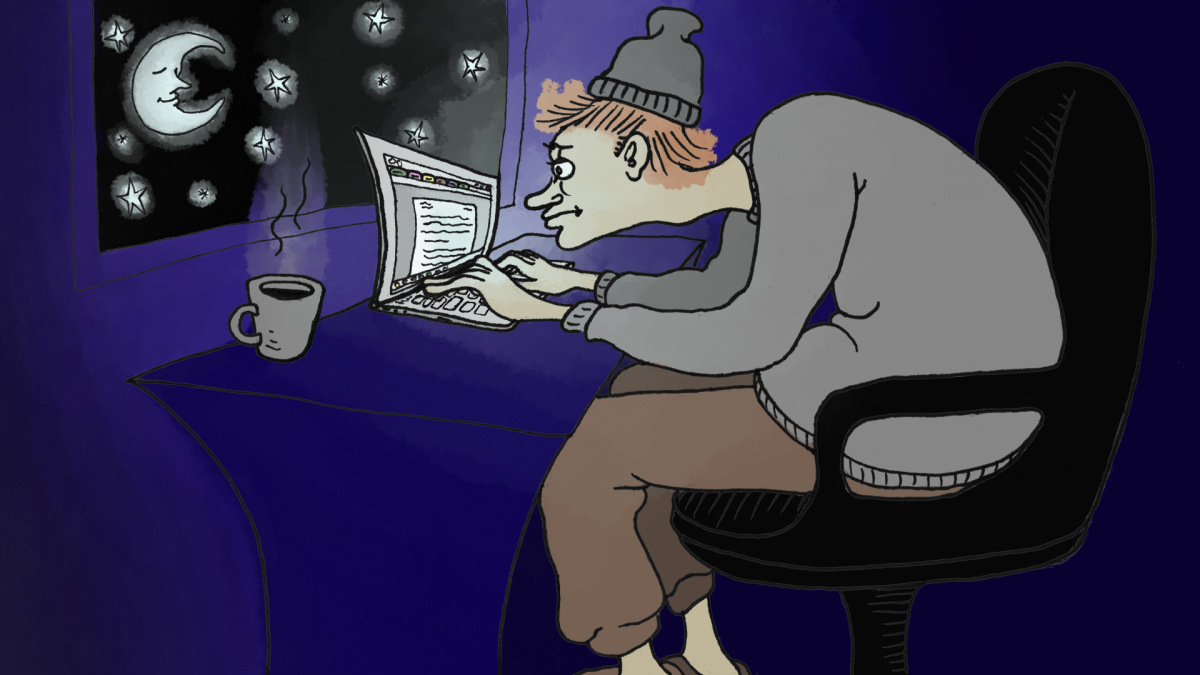The NC State chapter of Students for Justice in Palestine, or SJP, held a memorial Monday evening, aiming to honor student activists killed in the Israel-Hamas war and highlight the lack of access to education in the region.
Many attendees took part in prayer or chants, including “Free, free Palestine,” and “NC State, pick a side, justice or genocide,” while organizers sought to educate those at the event on the state of education in Gaza.
Hashim Ayesh, physiology graduate student and speaker at the event, said the destruction of infrastructure and displacement of Palestinians has led to a complete lack of education in the area.
Ayesh said the luxury of returning to school, compiling a class schedule and graduating is a privilege not afforded to most Palestinians in Gaza, something the organization aims to highlight.
“They’re going from place to place and struggling to even find food,” Ayesh said. “So for them, their main thing is, ‘Let’s get food. Let’s get shelter.’”
Ayesh also highlighted examples of individuals still seeking to bring education to Gaza in whatever capacity they can.
“Despite all of this, there are still people attempting [to educate Palestinians in Gaza],” Ayesh said. “The people of Palestine and the people of Gaza, we hold education very dearly. Our literacy rate exceeds that of the United States of America.”

Ayesh said SJP would like to see divestment of NC State pension funds from anything linked to Israel, and the university’s response has been inadequate.
“We’re spending money that’s going towards this, we also have a stake in this. So uniting both of those fronts in the same mission, which is to push the board of trustees to withdraw that money away,” Ayesh said. “I would say [the university’s response so far] has been ignoring it. The chancellor has been quiet on this. However, we’re hoping to change tactics, we’re hoping to actually bring actionable steps this coming year.”
Gray Thomas, a fourth-year studying computer science and sociology, agreed the University’s response has been inadequate so far, emphasizing the lack of communication from leadership.
“I think just [seeing] a statement, period. So much of NC State’s activity, and this is common amongst UNC schools. I’ll admit, I do not envy their position, I don’t know what it’s like to work with the North Carolina legislature to figure out funding,” Thomas said.
Thomas also highlighted the lack of access to education.
“If you’re in Palestine right now, you cannot get out to a place with better education, and better education is unwilling to come to you,” Thomas said. “I think about that as someone who has double majors. I’ve been trying to maximize the amount of stuff that I can learn, and just thinking that, oh yeah, throughout all of this, halfway through this, all of it could’ve been gone, all the credits gone, couldn’t transfer anywhere.”
Amber Dextre, a fourth-year studying music, also showed up because of her concern about the state of education in Gaza.
“Their spirit is incredibly strong, more than we can imagine, but the fact is, they keep being crushed over and over again every time they try to do something,” Dextre said.
Ayesh warned the actions taking place in Gaza should be seen as an injury to all, and that these actions ties back to the United States.
“I want the students to know this, we’re all tied together,” Ayesh said. “What is done abroad is brought back home. The mass surveillance of Palestinians was developed by companies here in America, brought there, trialed there, and is now slowly seeping its way into our streets.”




